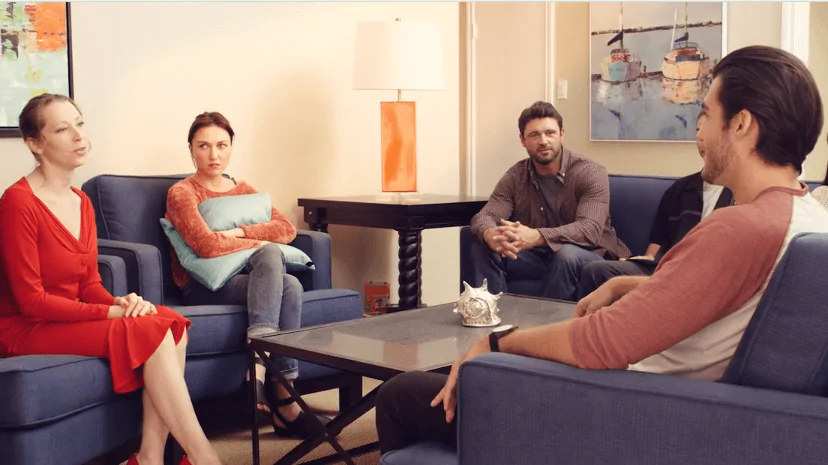24/7 Helpline:
(866) 899-221924/7 Helpline:
(866) 899-2219
Learn more about Anxiety Treatment centers in Morrison
Anxiety Treatment in Other Cities

Other Insurance Options

Choice Care Network

WellPoint
Beacon

United Health Care

MHNNet Behavioral Health

Ceridian

Anthem

Carleon

Absolute Total Care

BHS | Behavioral Health Systems

Magellan

BlueCross

Sutter

GEHA

Aetna

CareSource

Health Net

Humana

Kaiser Permanente

Meritain

Psychological Services
Psychological Services offers outpatient treatment for individuals with alcohol and/or substance add...












